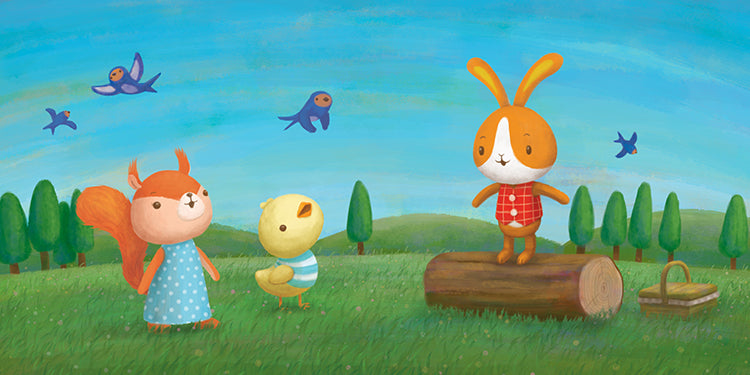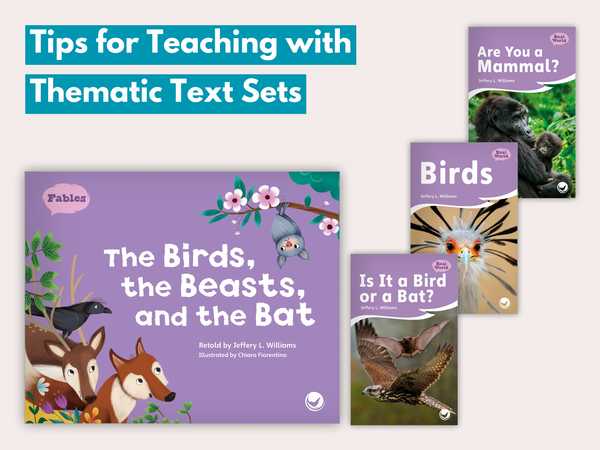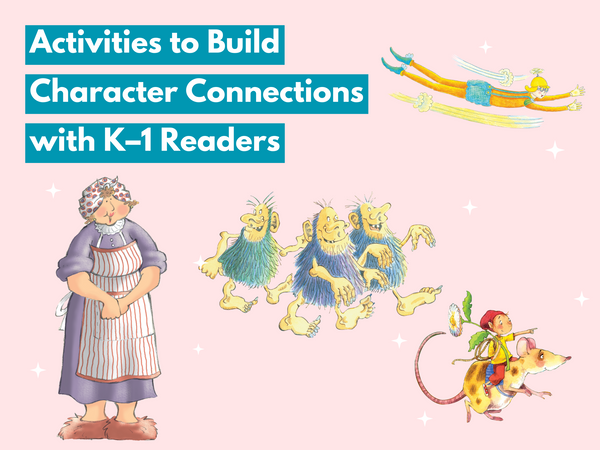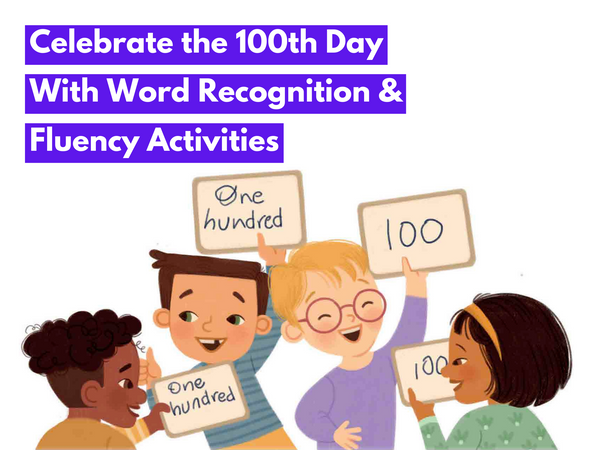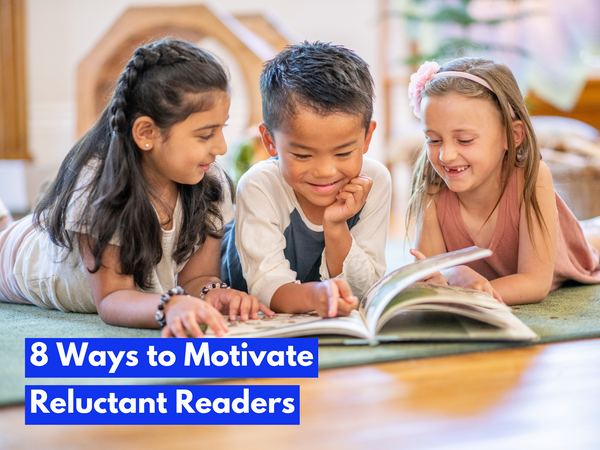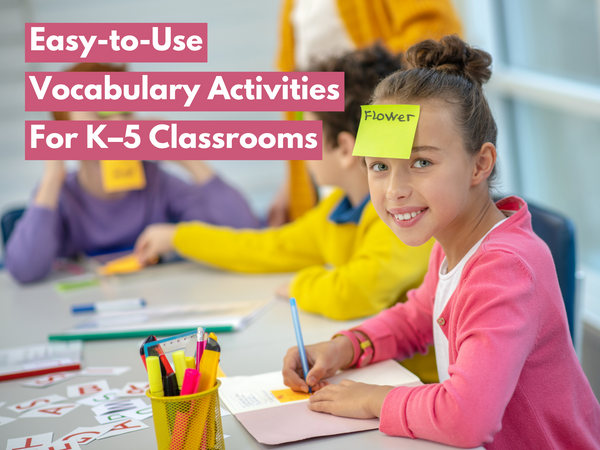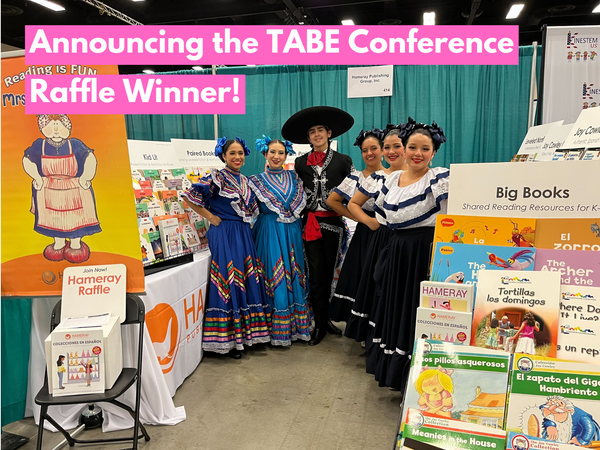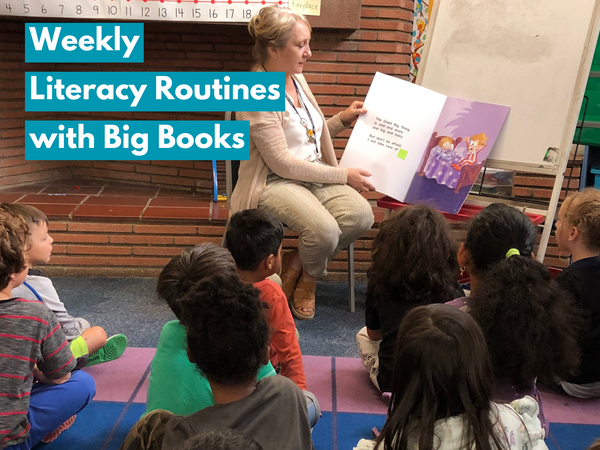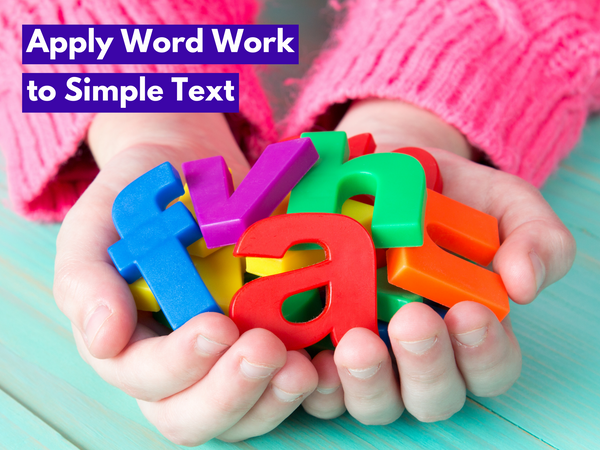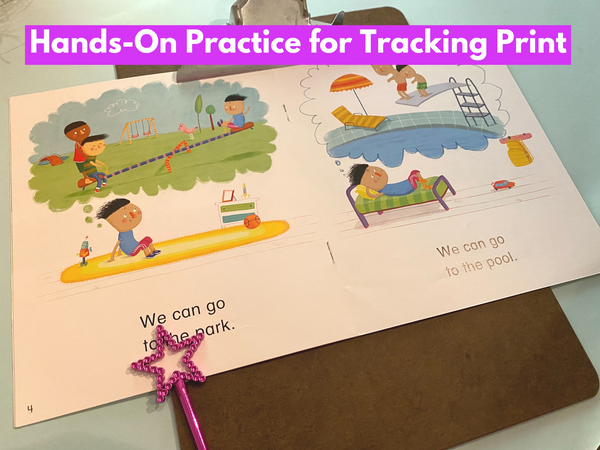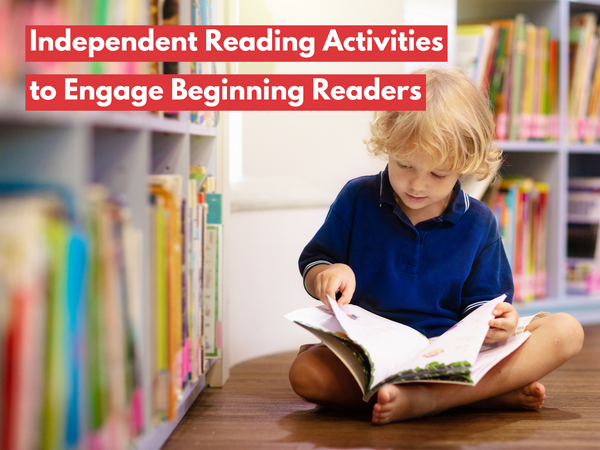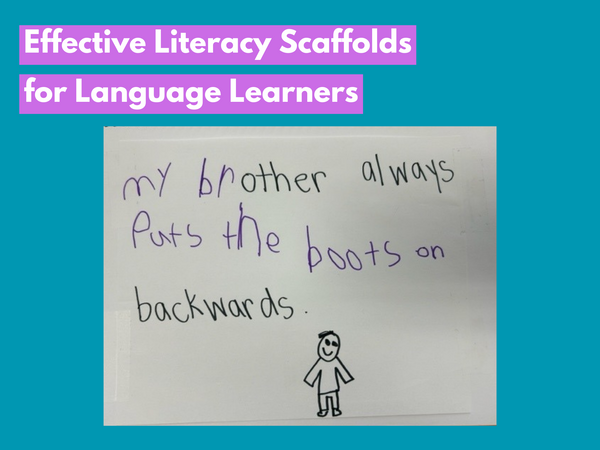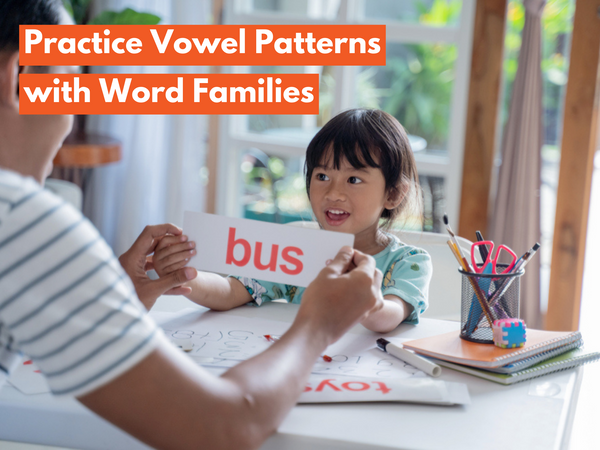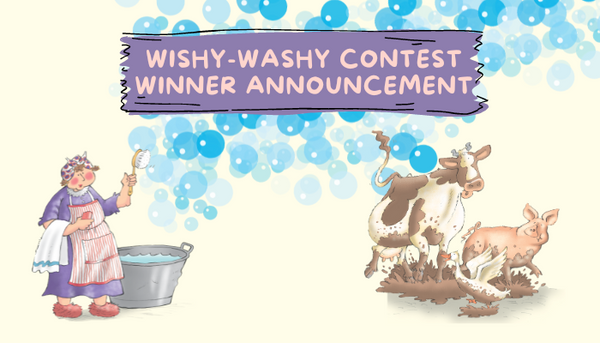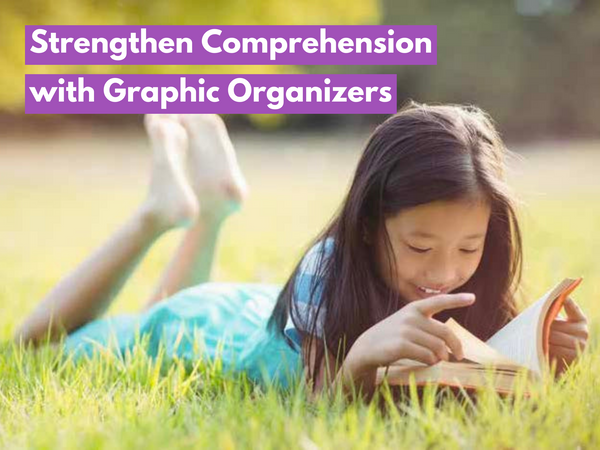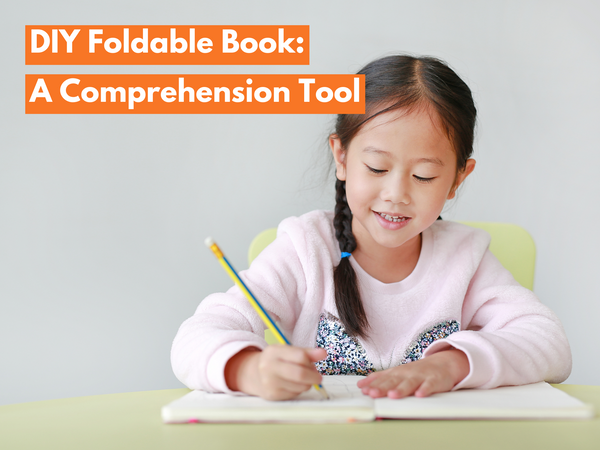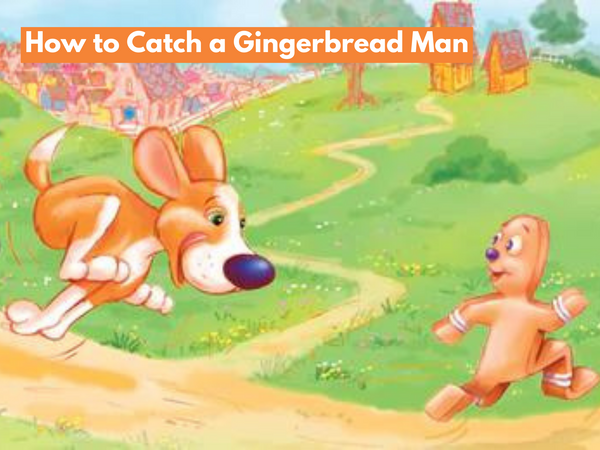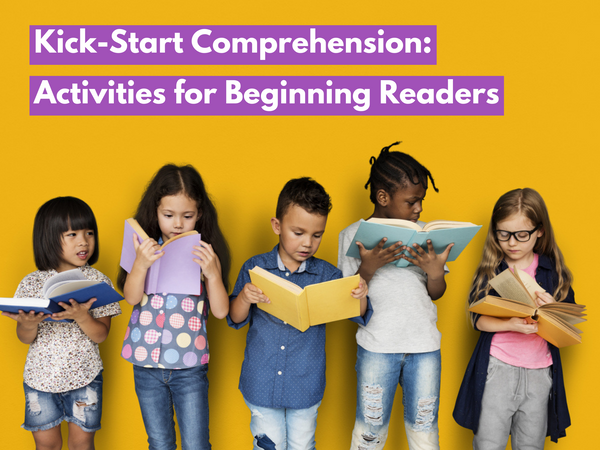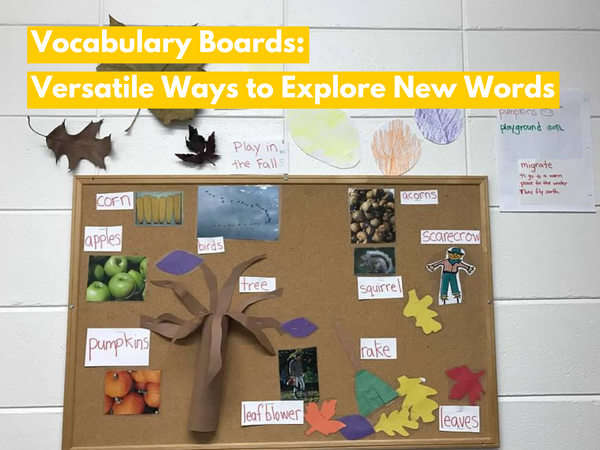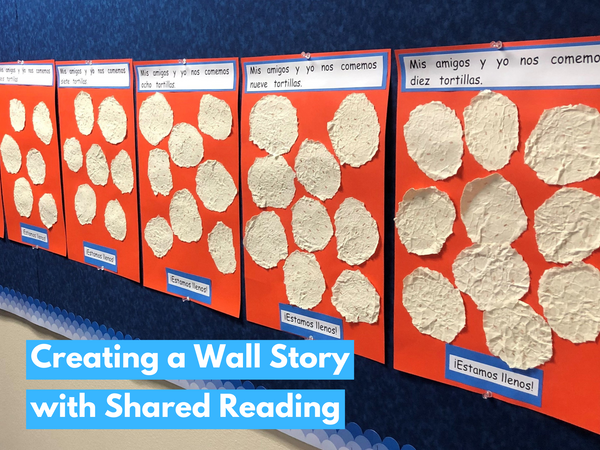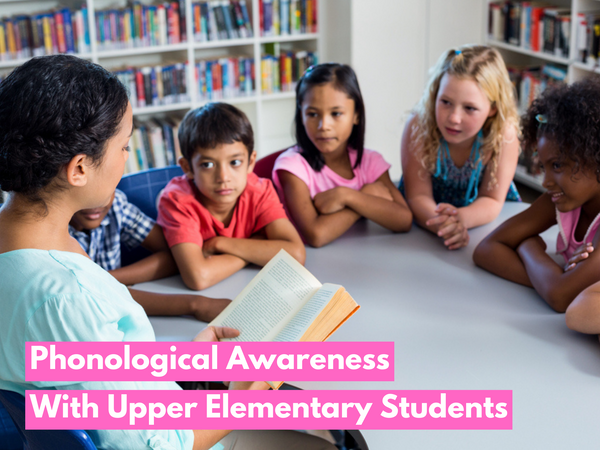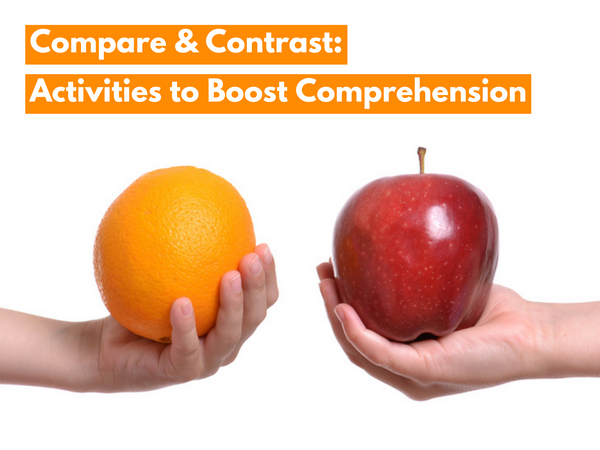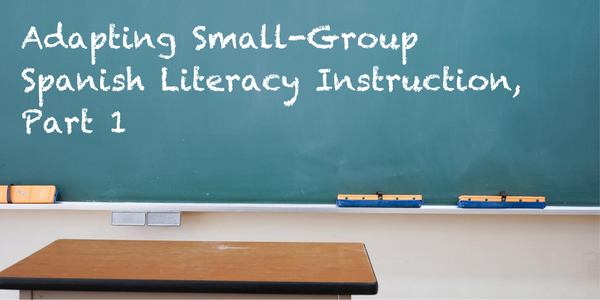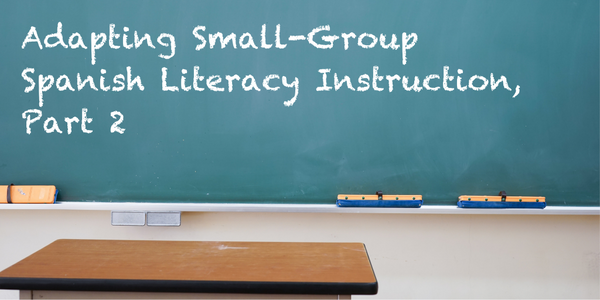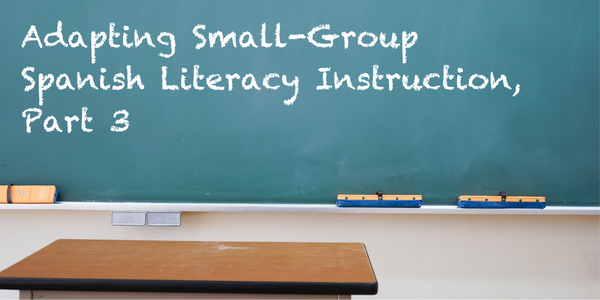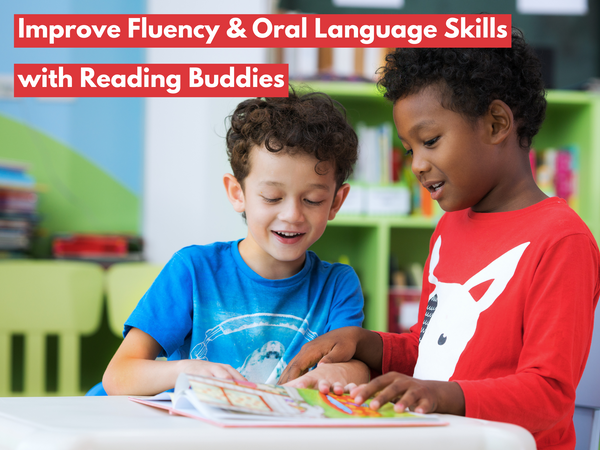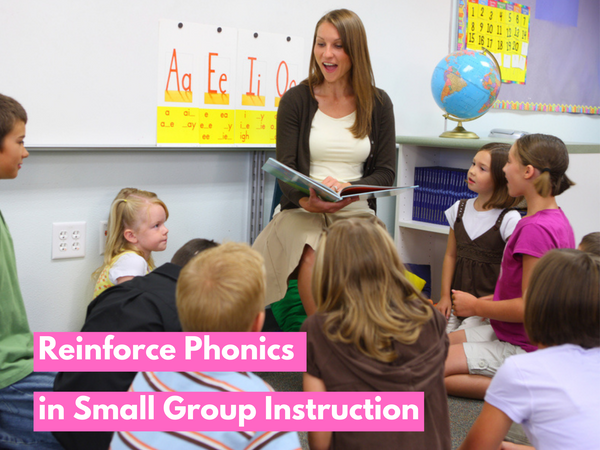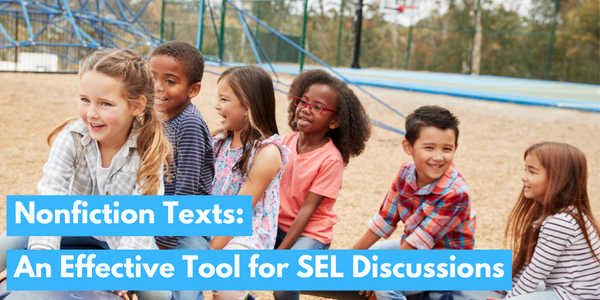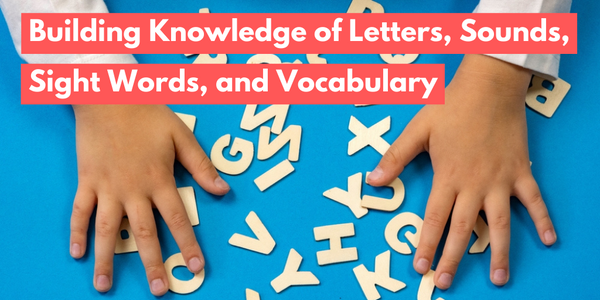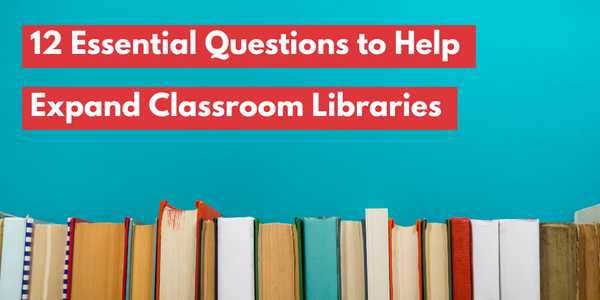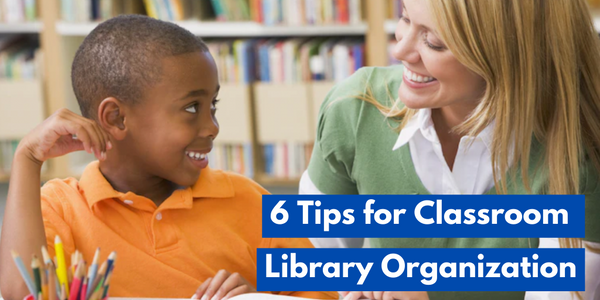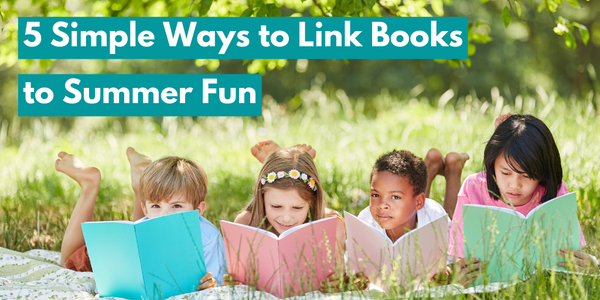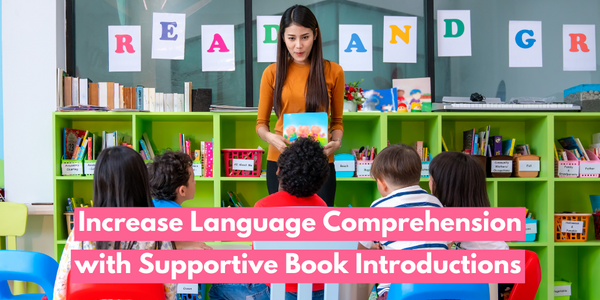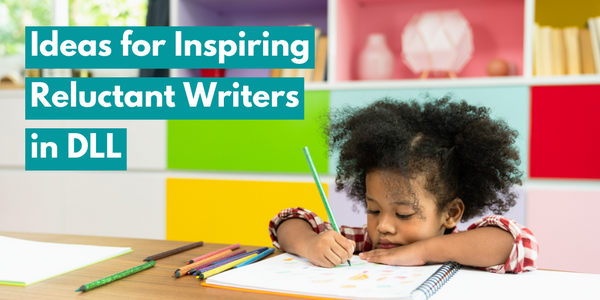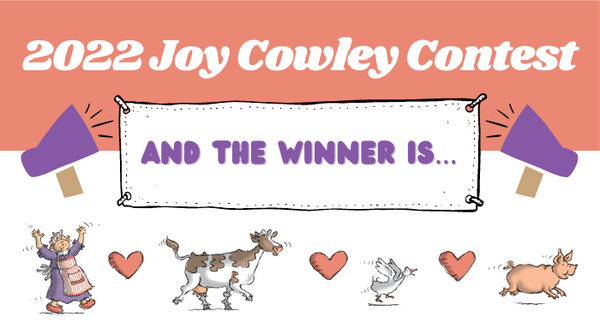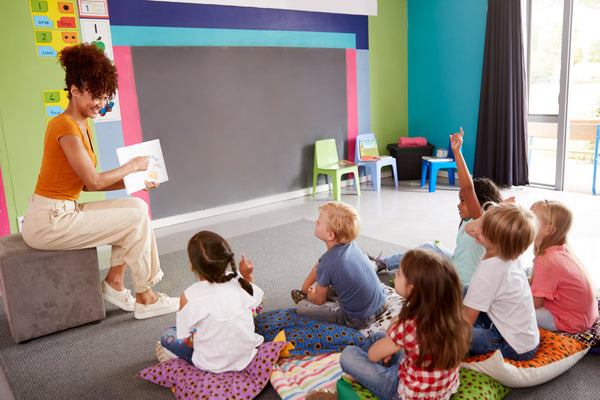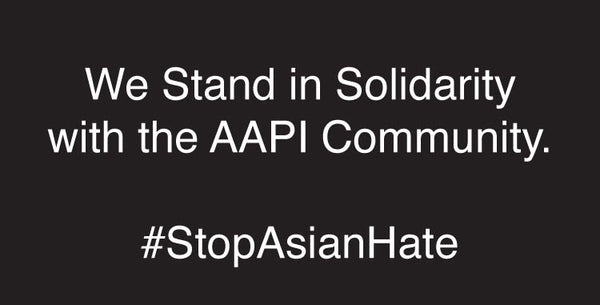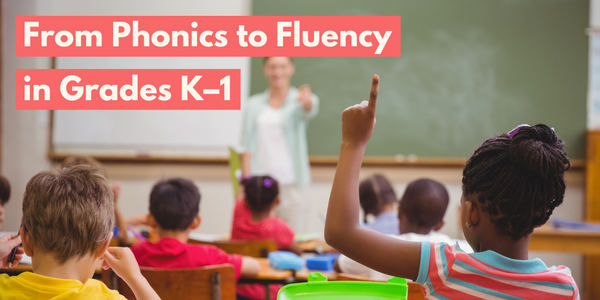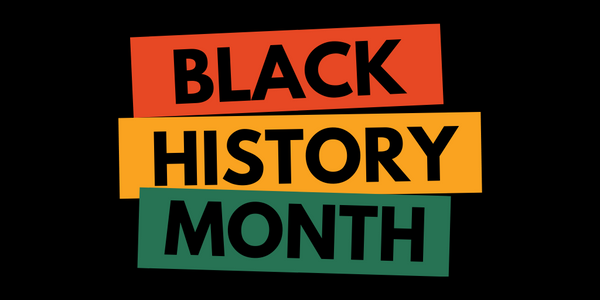This is the second post in a series about reading narrative books to develop emotional literacy. For the first post (introduction), click here .
HAPPINESS
Last week, we discussed how reading fictional narratives can help students develop emotional and literary skills. In the subsequent posts, we will apply this discussion to lessons that you can incorporate into the classroom. This post will focus on feeling " happy ," introducing two books that exhibit happy characters and allow you to open up a discussion about feelings.
Smile and Little Rabbit’s Laugh from Joy Cowley Early Birds feature her newest character, Little Rabbit. Leveled at Guided Reading Level C and D, respectively, these two books employ repetitive text that will be accessible to all students at the beginning of the year. With endearing illustrations and uniquely Joy Cowley humor, the Little Rabbit books are sure to bring happiness into your classroom!
p. 4:
- Can anyone make a silly face? Have a volunteer stand and make their silliest face. Raise your hand if you laughed!
- Discuss the illustrations. How does the illustrator show us that Little Rabbit isn’t laughing? This question prompts students to move beyond the text and recognize the illustrator's role in the story.
- Repeat the same questions above for page 5 with a silly walk.
p. 7:
- Do you think Little Rabbit is laughing now? How can you tell? (Squinted eyes, an open mouth)
p. 8:
- Little Rabbit and Little Chick are laughing together. How do you think they are feeling?
- How else can you make someone laugh?
p. 2:
- How do you think Little Rabbit and Squirrel are feeling? How can you tell? (They are smiling.)
- Do you think Chickie is happy? Why or why not?
p. 6:
- What does Chickie do when he is happy?
p. 7:
- Do you think Chickie is happy now? How can you tell?
p. 8:
- Why does Little Rabbit say Chickie is “too happy”?
- Do you think there is a such thing as being “too happy”? Accept several responses.
Writing exercise:
- What do you do when you are happy? Have students complete the sentence “I ____ when I am happy” and draw an accompanying illustration. Are the people in your illustration smiling or laughing?
Everyone enjoys feeling happy, so discussing this positive emotion will serve as a lively introduction to our emotive exploration. Next week, we will focus on the opposite but equally important emotion, sadness. Subscribe on the right-hand sidebar to receive e-mail updates about new blog posts!
~~~
Visit our website to learn more about Joy Cowley's newest character, Little Rabbit, and click the image below to download a informational sheet about Joy Cowley Early Birds.



